It’s been a year since catastrophic fires tore through Los Angeles. For those who lived through them, the impacts are still being felt. Rebuilding in the aftermath of more frequent and severe fossil-fueled disasters is becoming a big business. Enter the disaster economy, powered by a grab bag of dedicated people helping communities rebuild, and by contractors who may overpromise, underdeliver, and profit from tragedy. Caught in the middle are the survivors, often left to navigate red tape, scams, and soaring costs just to rebuild their lives. In this episode, produced in collaboration with Grist, we explore the people and systems behind this booming, often exploitative multi-billion dollar industry, and share strategies to help listeners stay protected. Episode Guests: Haley Geller, Photo Stylist; Mother Ayurella Horn Muller, Staff Writer, Grist Cricket Logan, Wastewater Management Mechanic, City of St. Petersburg, Florida Naveena Sadasivam, Writer and Editor, Grist For show notes, related links, and episode transcript, visit ClimateOne.org Highlights: 00:00 - Intro 05:06 - Haley Geller on her personal wildfire experience 07:22 - Haley Geller on how life has changed since the fire 11:04 - Haley Geller on navigating the recovery process 16:21 - Ayurella Horn Muller on covering recovery workers 18:39 - Cricket Logan on his disaster recovery work experience 24:16 - Ayurella Horn Muller on the mental health work of disaster recovery 28:25 - Ayurella Horn Muller on working conditions for recovery workers 38:03 - Naveena Sadasivam on talking to people who experienced disaster recovery 40:22 - Naveena Sadasivam on one person’s experience with rebuilding after a fire 49:51 - Naveena Sadasivam on what regulations exist to help prevent fraud 53:41 - Naveena Sadasivam on steps people can take to protect themselves ******** Support Climate One by going ad-free! By subscribing to Climate One on Patreon, you’ll receive exclusive access to all future episodes free of ads, opportunities to connect with fellow Climate One listeners, and access to the Climate One Discord. Sign up today at patreon.com/ClimateOne. Ad sales by Multitude. Contact them for ad inquiries at multitude.productions/ads Learn more about your ad choices. Visit megaphone.fm/adchoices
Voir plus
Voir moins
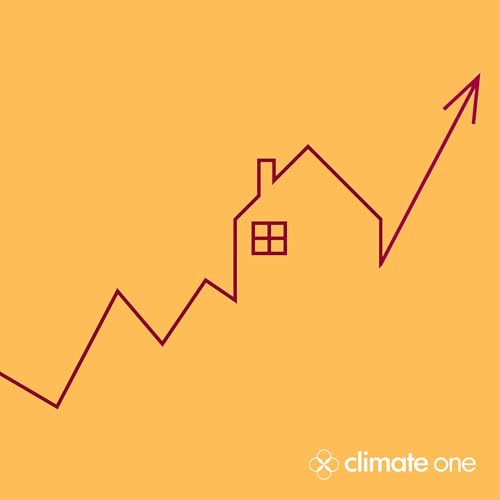 1 h et 3 min
1 h et 3 min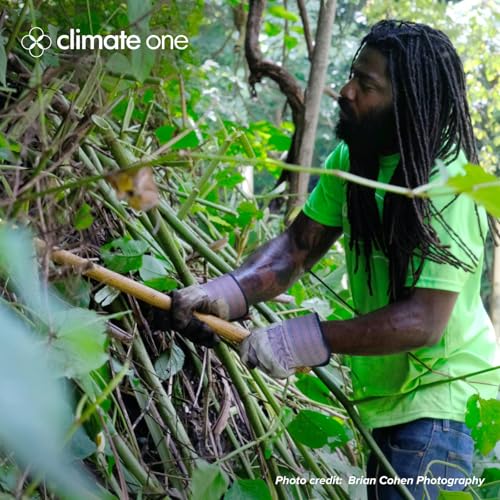 55 min
55 min 31 min
31 min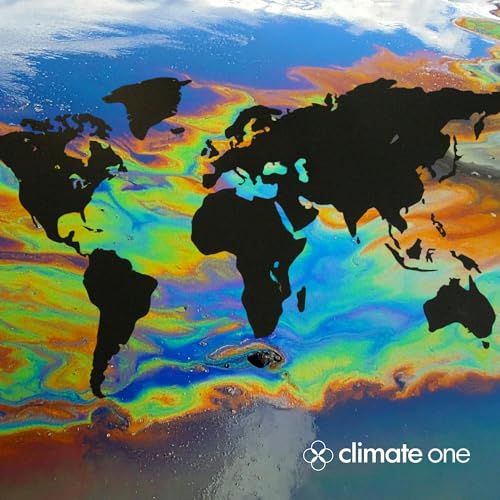 1 h et 4 min
1 h et 4 min 1 h et 4 min
1 h et 4 min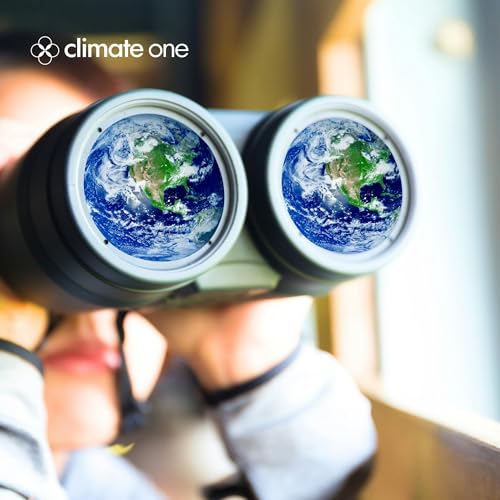 Jan 23 20261 h et 5 min
Jan 23 20261 h et 5 min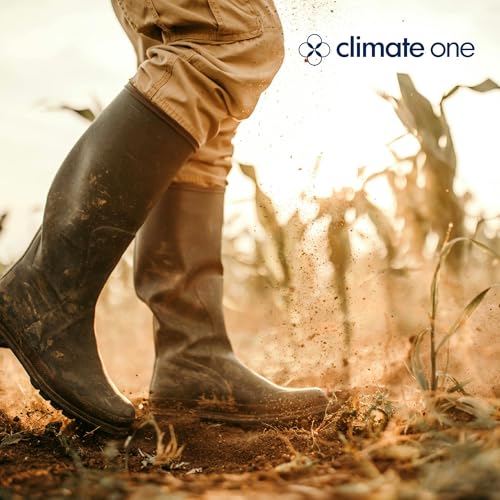 Jan 16 20261 h et 9 min
Jan 16 20261 h et 9 min 1 h et 2 min
1 h et 2 min
